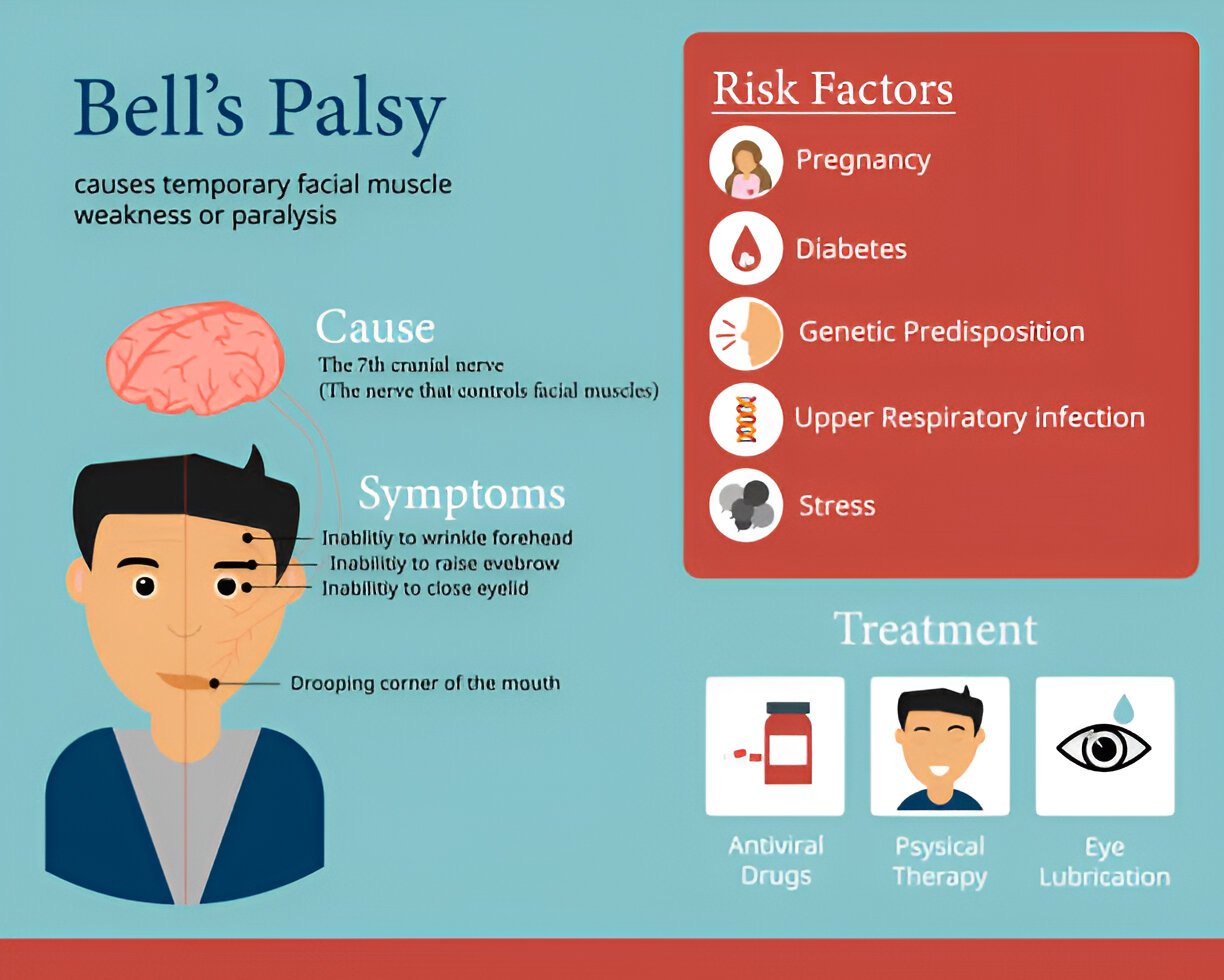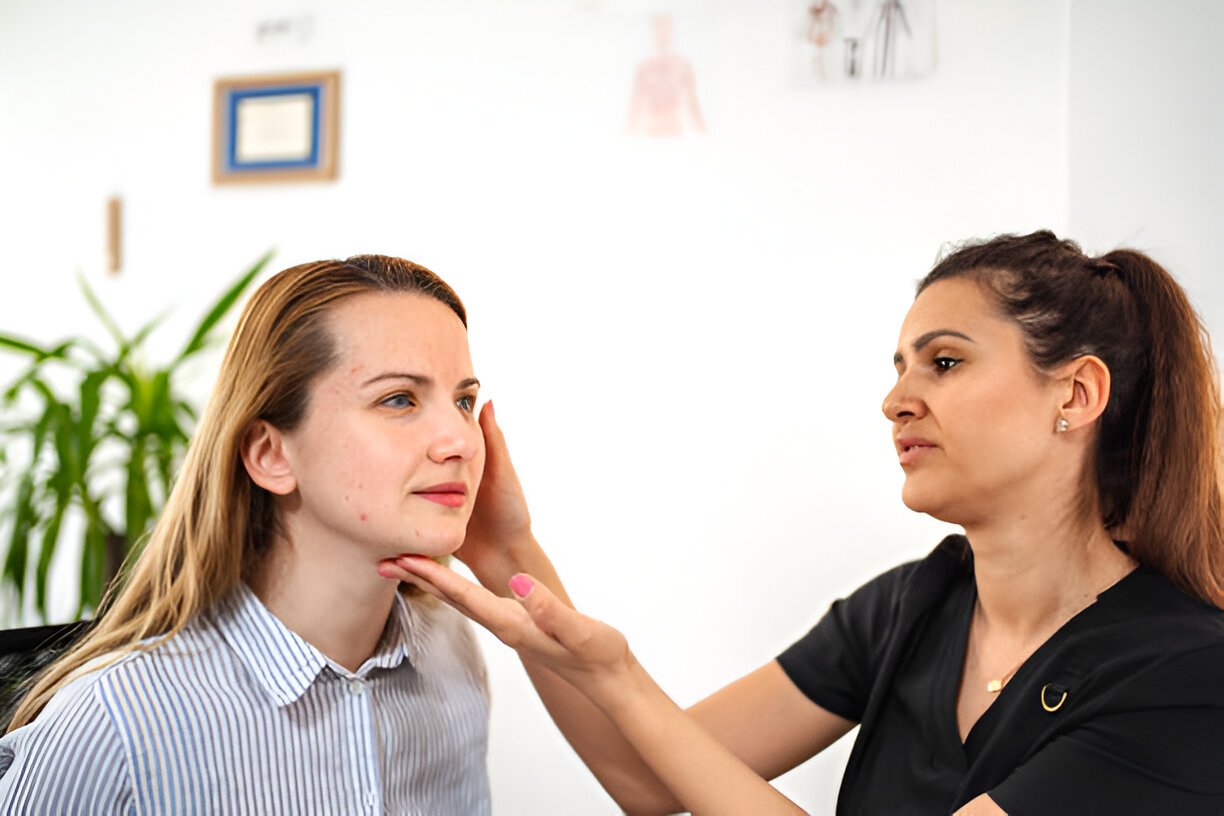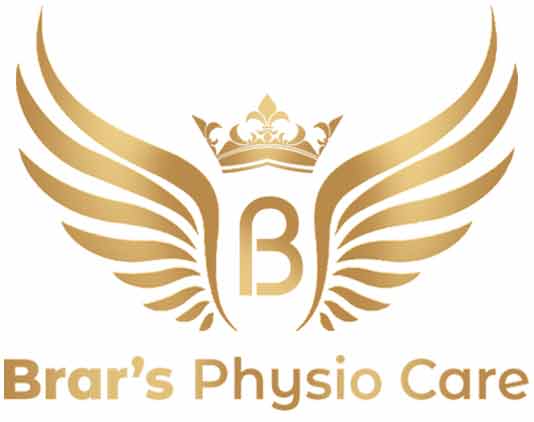Effective Bell’s Palsy Treatment at Brar Physio Care – Regain Facial Movement Fast!
Bell’s palsy, also known as facial palsy, is a condition that causes sudden weakness or paralysis of the facial muscles. This can be distressing, affecting one’s ability to smile, blink, or speak properly. At Brar Physio Care, under the expert guidance of Brar Physiotherapist Lakhveer Brar, patients receive specialized physiotherapy treatments designed to accelerate recovery and restore facial function effectively.
Understanding Bell’s Palsy and Its Causes
Facial palsy or Bell’s palsy occurs due to inflammation of the facial nerve, leading to temporary muscle weakness or paralysis on one side of the face. The exact cause is often unclear, but factors such as viral infections, stress, immune system disorders, and cold exposure may contribute to its onset. Common symptoms include:
- Sudden weakness or paralysis on one side of the face
- Drooping of the mouth or eyelid
- Loss of taste sensation
- Difficulty blinking or closing the eye
- Facial stiffness or twitching
Early intervention is key to faster recovery, making physiotherapy an essential component of treatment.
Advanced Physiotherapy Treatment for Bell’s Palsy at Brar Physio Care
At Brar Physio Care, expert physiotherapist Lakhveer Brar tailors treatment plans based on each patient’s specific condition. Physiotherapy plays a crucial role in improving muscle function, stimulating nerve activity, and preventing long-term complications.
-
Facial Exercises
Facial exercises help improve muscle strength and coordination. Patients are guided through a series of controlled movements to restore natural facial expressions. These exercises may include:
- Gentle massaging of facial muscles
- Practicing exaggerated facial expressions (smiling, frowning, raising eyebrows)
- Blinking exercises to strengthen eye closure
-
Electrical Stimulation Therapy
Electrical stimulation is used to activate weak facial muscles, encouraging nerve regeneration. This therapy helps improve muscle tone and prevent atrophy.
-
Manual Therapy & Massage
Specialized massage techniques reduce stiffness, improve circulation, and enhance nerve function. Soft tissue mobilization helps relieve tension and promotes healing.

-
Heat Therapy
Applying warm compresses to the affected area improves blood circulation, relaxes facial muscles, and reduces discomfort.
-
Speech and Swallowing Therapy
In severe cases, facial palsy or Bell’s palsy can affect speech and swallowing. Targeted exercises help improve coordination and regain control over these functions.
-
Acupuncture & Alternative Therapies
Some patients benefit from acupuncture, which helps stimulate nerve function and speed up recovery. Other alternative therapies, such as yoga and relaxation techniques, may also support overall healing.
-
Home Care Guidance
Along with in-clinic treatments, Brar Physio Care provides patients with home care routines, including self-massage, relaxation exercises, and proper eye care to prevent dryness and irritation.
Why Choose Brar Physio Care for Bell’s Palsy Treatment?
- Expert Guidance: Physiotherapist Lakhveer Brar has extensive experience in treating facial palsy or Bell’s palsy effectively.
- Personalized Approach: Each treatment plan is tailored to the patient’s condition and recovery progress.
- State-of-the-Art Techniques: The clinic uses advanced physiotherapy methods for faster healing.
- Holistic Healing: In addition to physiotherapy, patients receive nutritional advice and stress management strategies.
- Proven Success: Many patients have regained full facial movement with dedicated treatment at Brar Physio Care.
Frequently Asked Questions (FAQs) on Bell’s Palsy
-
How long does Bell’s palsy last?
Most patients recover within 3 to 6 months with proper treatment. Early physiotherapy can help speed up recovery.
-
Can Bell’s palsy be cured completely?
Yes, in most cases, full recovery is possible with timely treatment. However, some individuals may experience mild residual weakness.
-
Is Bell’s palsy the same as a stroke?
No, Bell’s palsy is caused by nerve inflammation, whereas a stroke is due to reduced blood supply to the brain. However, both can cause facial weakness, so proper diagnosis is essential.
-
Can physiotherapy help Bell’s palsy?
Absolutely! Physiotherapy, including facial exercises and electrical stimulation, plays a vital role in regaining muscle control and preventing long-term complications.
-
What are the first signs of Bell’s palsy?
The most common signs include sudden facial drooping, difficulty closing the eye, loss of taste, and an inability to smile properly.
-
Can stress cause Bell’s palsy?
While stress alone may not cause Bell’s palsy, it can weaken the immune system, making individuals more susceptible to viral infections that trigger the condition.

Conclusion
Brar Physio Care, led by expert physiotherapist Lakhveer Brar, offers the most effective treatment for facial palsy or Bell’s palsy. With personalized physiotherapy techniques, advanced therapies, and holistic healing approaches, patients can regain facial movement and confidence quickly. If you or a loved one is experiencing symptoms of Bell’s palsy, early intervention at Brar Physio Care can make all the difference. Book a consultation today and take the first step toward recovery!

